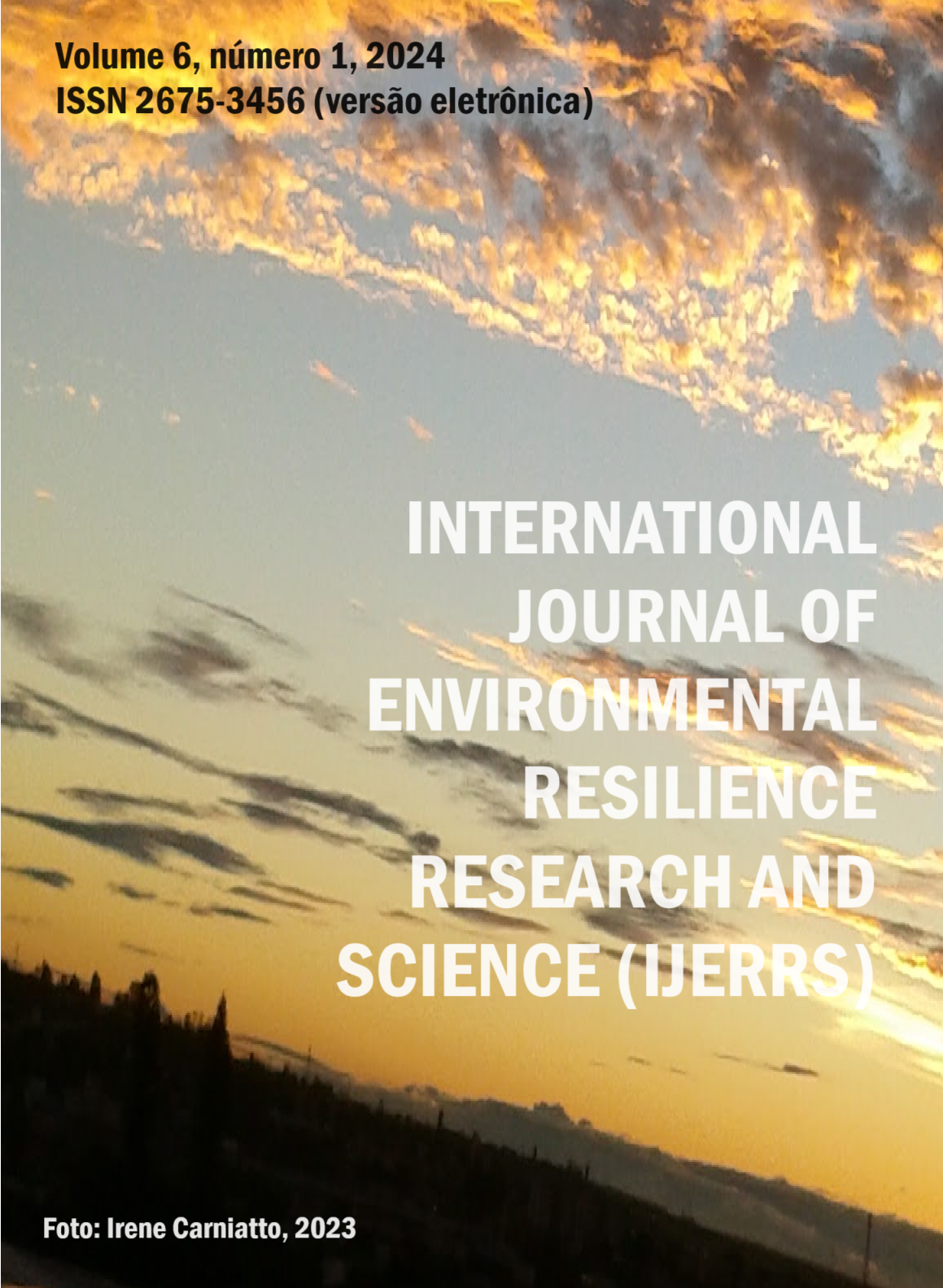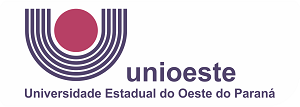INTELIGENCIA ECOLÓGICA Y BIOCONSTRUCCIÓN EN TERRITORIO FAXINALENSE DEL DISTRITO DE ITAIACOCA, PARANÁ, BRASIL
DOI:
https://doi.org/10.48075/ijerrs.v6i1.32234Resumen
La humanidad se distancia de la naturaleza, creando una visión errónea de no pertenencia, provocando graves daños ambientales. La percepción errónea de que existe una separación entre los seres humanos y la naturaleza ha llevado a descuidar los impactos ambientales. Para abordar esta cuestión, este estudio se centra en la importancia de la inteligencia ecológica y la bioconstrucción para promover la sostenibilidad, centrándose en la comunidad de Itaiacoca, municipio de Ponta Grossa, región de Campos Gerais, en Paraná. La investigación sigue un enfoque exploratorio-descriptivo apoyado en una metodología cualitativa, teniendo como objetivo profundizar la comprensión del problema y detallar las características de la población estudiada. Los instrumentos de investigación incluyen Notas de Campo y Observación Participante abierta, lo que permite un análisis sólido de las prácticas culturales y la presencia de semillas criollas en la región. Los resultados revelan que la bioconstrucción, cuando se utilizan materiales y prácticas sostenibles, es viable incluso en lugares remotos, proporcionando beneficios económicos. Además, las bioconstrucciones promueven espacios para el intercambio de conocimientos y la conexión con la naturaleza, demostrando la inteligencia ecológica en acción. Ante los desafíos ambientales actuales, es esencial adoptar enfoques responsables que reconozcan la interdependencia entre los humanos y la naturaleza. La investigación destaca la importancia de repensar nuestra relación con el medio ambiente, buscando un futuro más sostenible y equilibrado para todos.
Descargas
Publicado
Cómo citar
Número
Sección
Licencia
Derechos de autor 2024 Revista Internacional de Investigación y Ciencia de la Resiliencia Ambiental

Esta obra está bajo una licencia internacional Creative Commons Atribución-NoComercial-CompartirIgual 4.0.
Aviso de Direito Autoral Creative Commons
Política para Periódicos de Acesso Livre
Autores que publicam nesta revista concordam com os seguintes termos:
1. Autores mantém os direitos autorais e concedem à revista o direito de primeira publicação, com o trabalho simultaneamente licenciado sob a Licença Creative Commons Attribution que permite o compartilhamento do trabalho com reconhecimento da autoria e publicação inicial nesta revista.2. Autores têm autorização para assumir contratos adicionais separadamente, para distribuição não-exclusiva da versão do trabalho publicada nesta revista (ex.: publicar em repositório institucional ou como capítulo de livro), com reconhecimento de autoria e publicação inicial nesta revista.
3. Autores têm permissão e são estimulados a publicar e distribuir seu trabalho online (ex.: em repositórios institucionais ou na sua página pessoal) a qualquer ponto antes ou durante o processo editorial, já que isso pode gerar alterações produtivas, bem como aumentar o impacto e a citação do trabalho publicado (Veja O Efeito do Acesso Livre).
Licença Creative Commons
Esta obra está licenciada com uma Licença Creative Commons Atribuição-NãoComercial-CompartilhaIgual 4.0 Internacional, o que permite compartilhar, copiar, distribuir, exibir, reproduzir, a totalidade ou partes desde que não tenha objetivo comercial e sejam citados os autores e a fonte.









